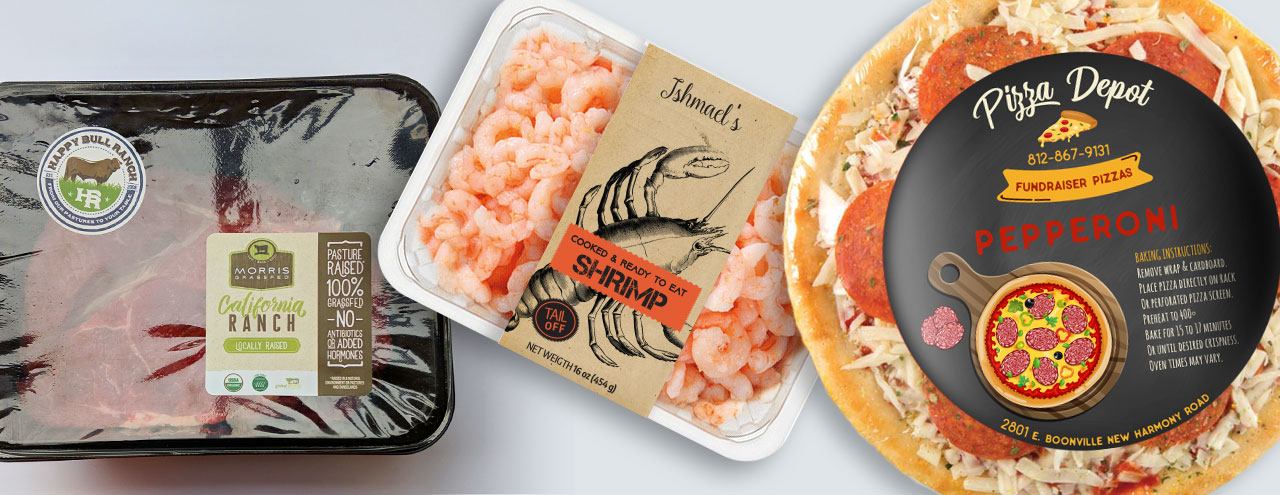Preserving things, especially food, has always been a challenge. People knew about ice and snow as cooling and preserving techniques long before refrigerators and freezers appeared, but they also resourced to “alternative” preservation methods: salting, smoking, pickling and drying products. We still use those methods today for preserving meat and vegetables, but mechanical refrigerators and freezers brought about a radical change when they appeared in the 20th century. Not only can we store food safely much longer than before, freezers are also used in other important industries: medical, pharmaceutical, in science test labs, automotive industry, etc.
Freezers used for pharmaceutical, medical and scientific purposes are much different that those we have at home or those we see in supermarkets. They can store items at much lower temperatures, and that is called cryogenic preservation. Examples of items stored in such conditions are: blood, cells, DNA, tissues, eggs, semen, embryos, moss plants, fungi, bacteria, worms, seeds, pollen, automobile/truck tires, batteries, cables, etc.
And this list goes on.
Though we have experience with labels for cryogenic conditions, FreezerLabels.net mostly works with food manufacturers. It seems that the frozen food industry is experiencing a big comeback, as was expected with this pace of life and improved technology that allows for positive innovations in the frozen food department. Today we can buy all types of fruits and veggies all year round, and be sure that we are getting the same amount of healthy nutrients as we would if the food was fresh.
Frozen Food Producers, Do Your Products Have Adequate Labels?
Almost every frozen food producer experiences at one time or another a huge disappointment with the quality of their product label. Label material, especially for products that withstand freezing or some other extreme conditions, makes a world of difference in the food business. Customers who buy food want to be able to read information on the label even when the product has been frozen for months. If the producers used standard paper or some other poor choice of label material, labels will often peel off, distort, the ink will smear or break and information will become impossible to read. In this case one thing is most probable: that customer will not buy the same product again.
Food producers who make products that are commonly stored in freezers need to pay a little extra for moisture proof, flexible, durable freezer grade labels if they want their product to be successful on the market. So, which products specifically need freezer labels for sure? Here’s the most basic list:
- Meat (poultry, red and wild meat)
- Fish and seafood
- Soups
- Fruits
- Vegetables
- Ready-to-eat meals, TV dinners
- Pizza
- Bread and bakery products
- Confectionary
There are more food products that consumers often store in freezers until it’s time to use them, such as different types of spreads and creams (cheese, mushroom), sauces, stocks, potato chips, milk, juices, baby food, dog food, etc.
To make sure your product labels are always top-quality, learn some more about important issues regarding frozen food labels, and get in touch with Freezer Labels professionals.

